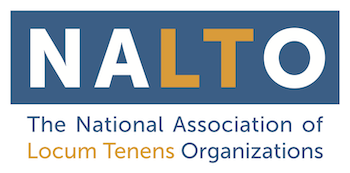Medications can be a critical component to treatment plans. They alleviate pain, minimize symptoms, and combat infection. However, the government has deemed it necessary to regulate these controlled substances in order to prevent illegal distribution or abusive practices. Because medications vary from mostly benign over-the-counter products to powerful narcotics, they have been divided into five Schedule categories. Schedule V drugs contain limited amounts of narcotics or stimulants—cough syrup is an example of a Schedule V controlled substance. The most powerful medications administered in medical settings, such as oxycodone and fentanyl, fall within a Schedule II classification. Schedule I substances typically have no medical applications under federal law.
The U.S. Drug Enforcement Administration (DEA), a division of the U.S. Department of Justice, determines who is qualified to dispense regulated medications. And according to the DEA, as it
applies to practitioners, the term “dispense” means to “deliver a controlled substance to an ultimate user or research subject by, or pursuant to the lawful order of, a practitioner, including the prescribing and administering of a controlled substance.” Physicians, and where legally applicable, mid-level providers must apply for and receive registration from the DEA to legally dispense/prescribe scheduled medications to their patients.
